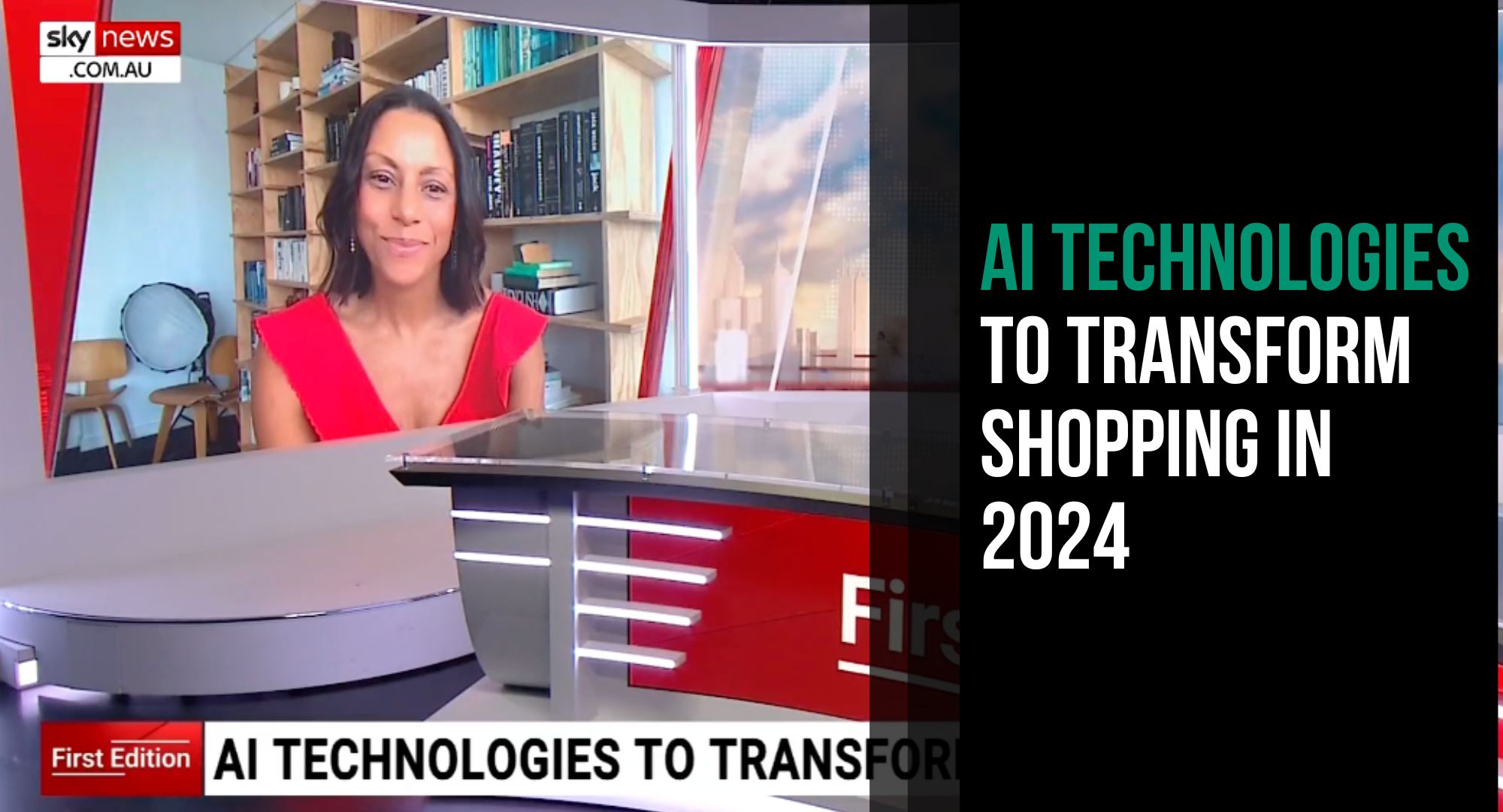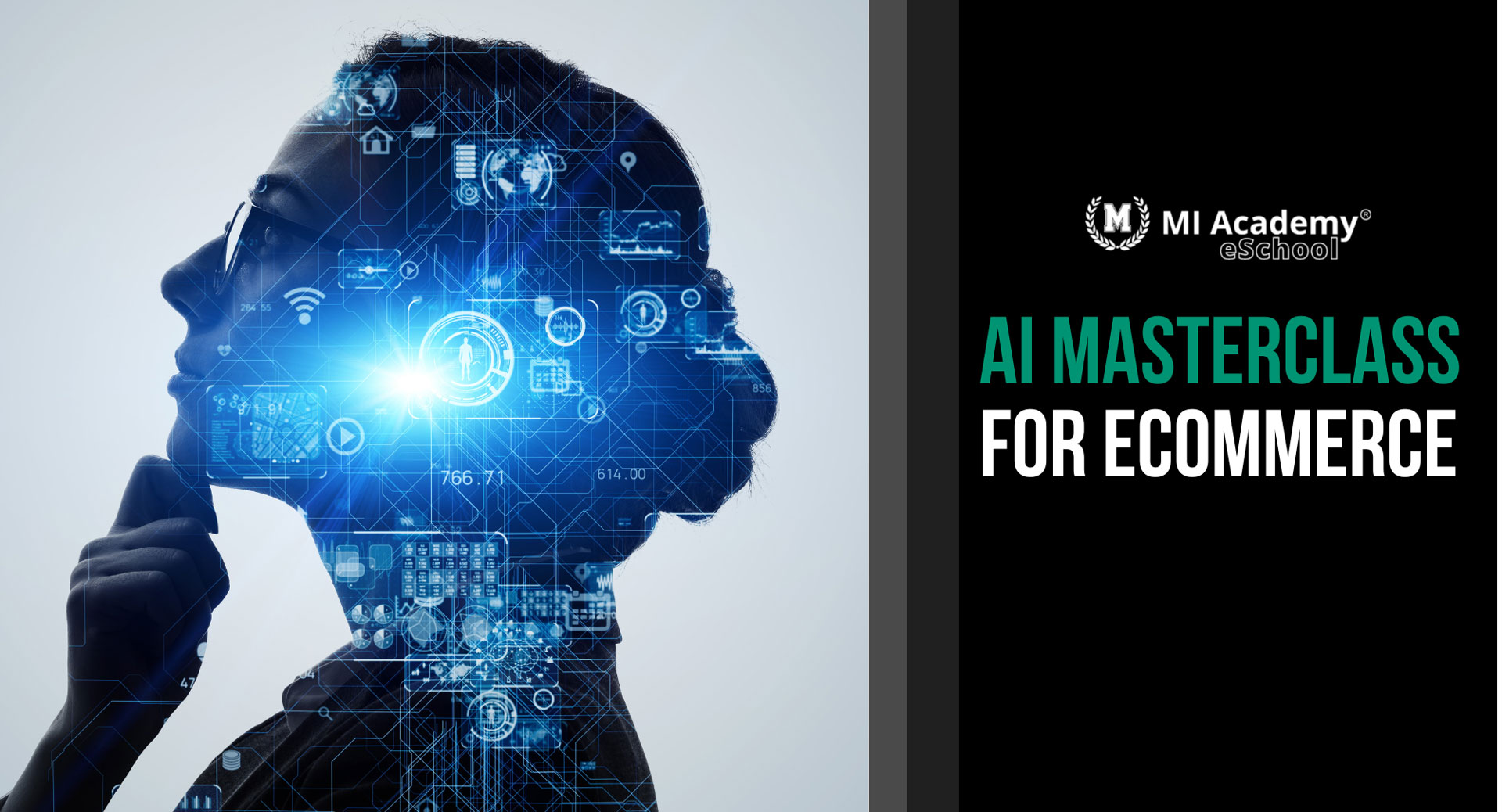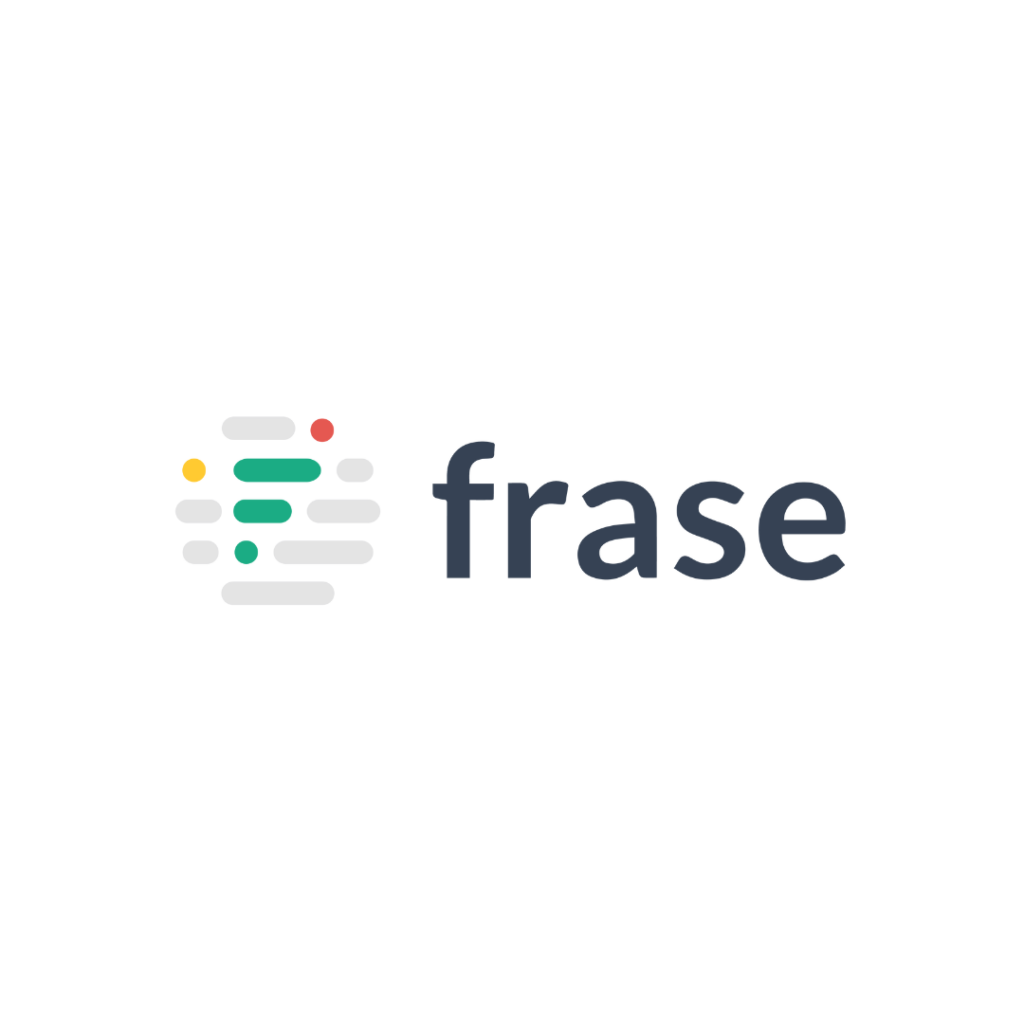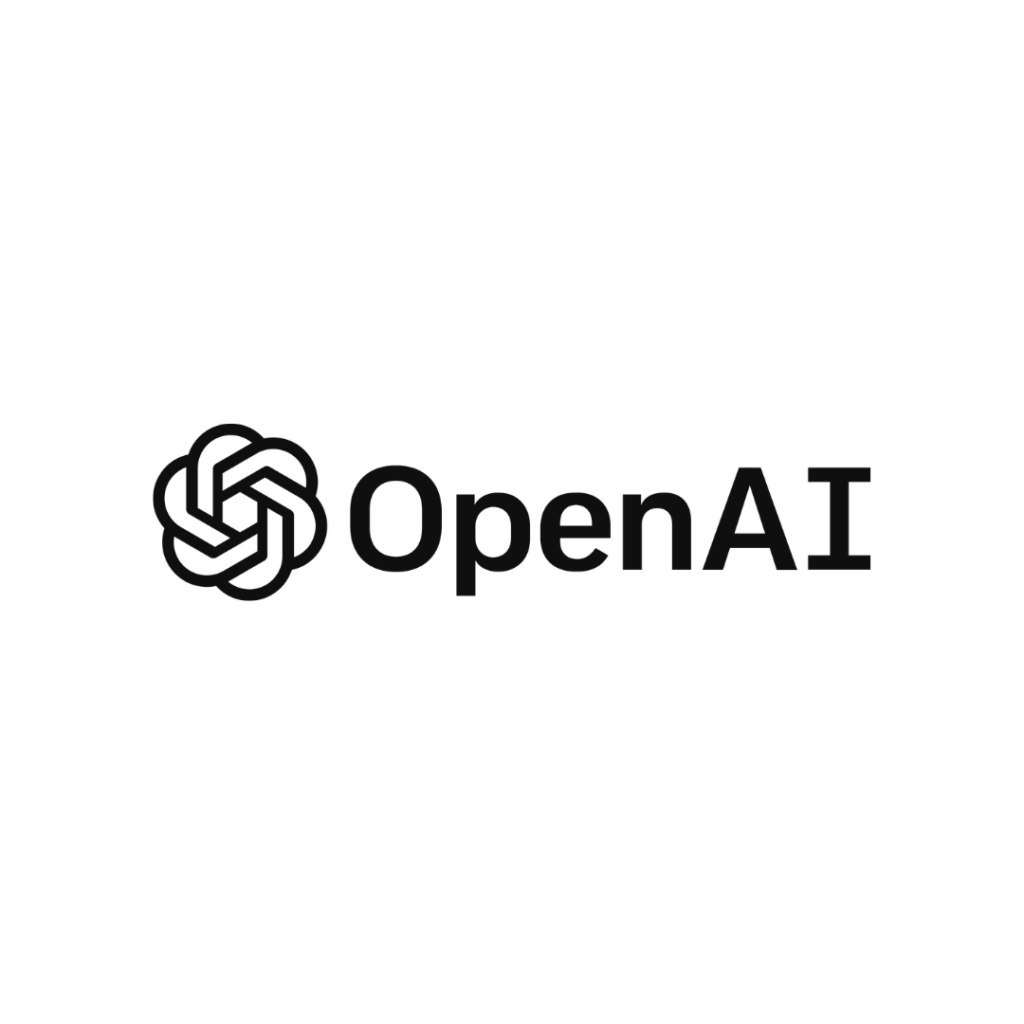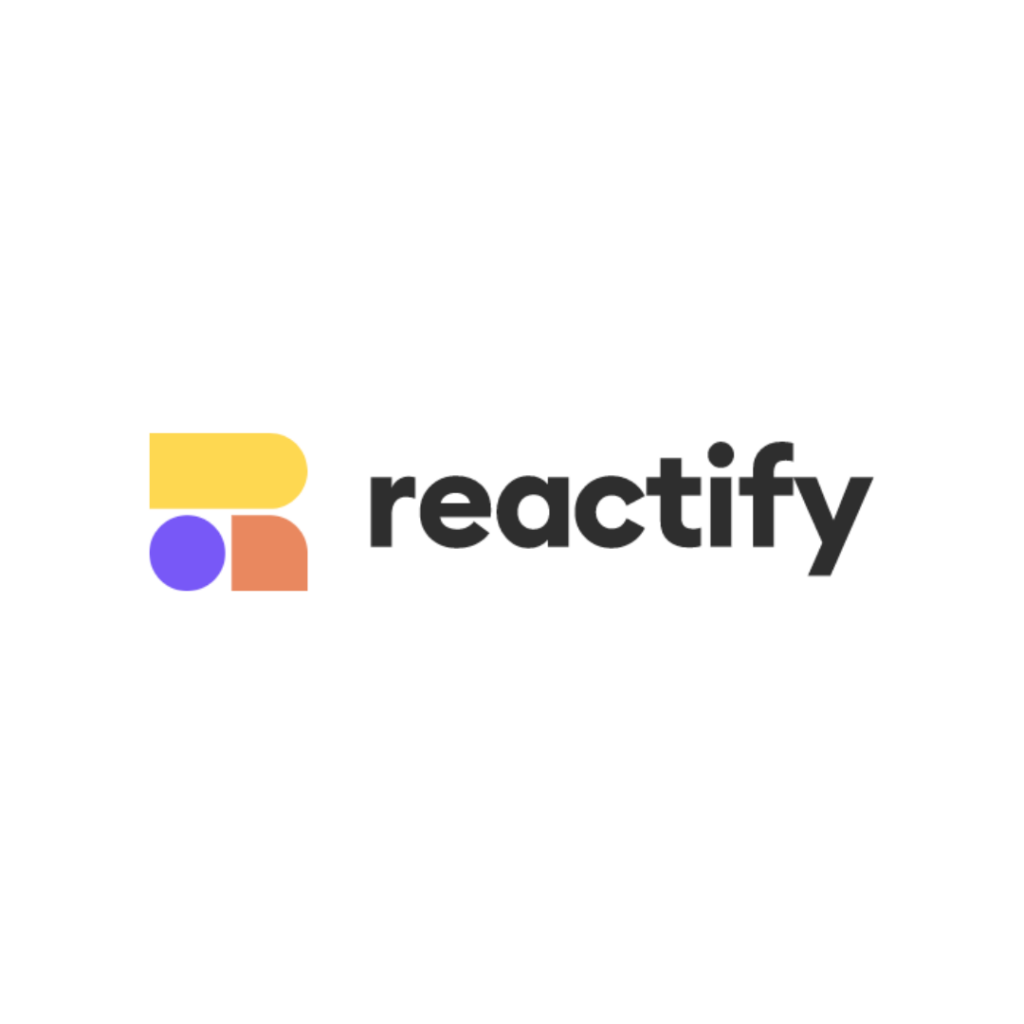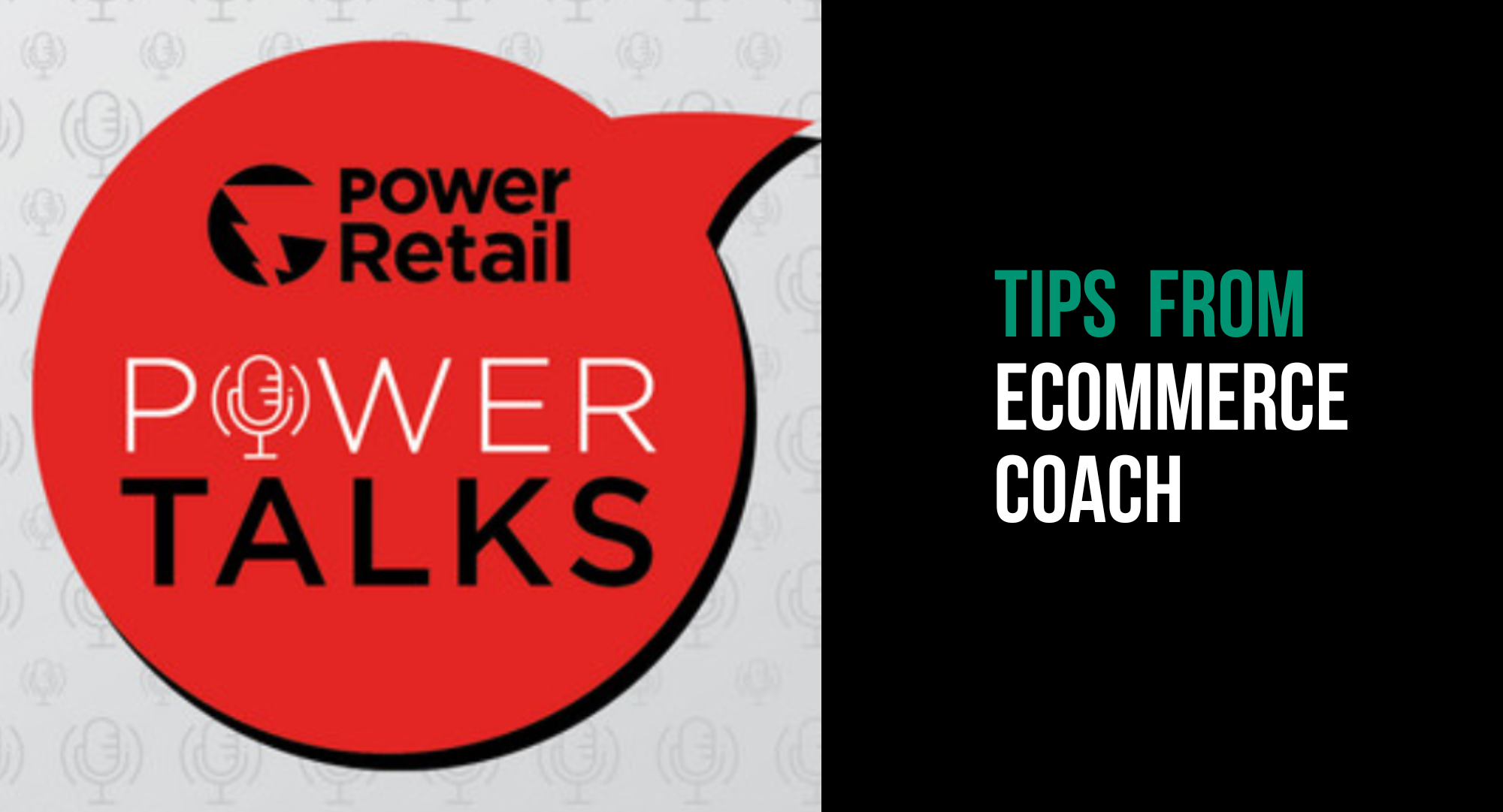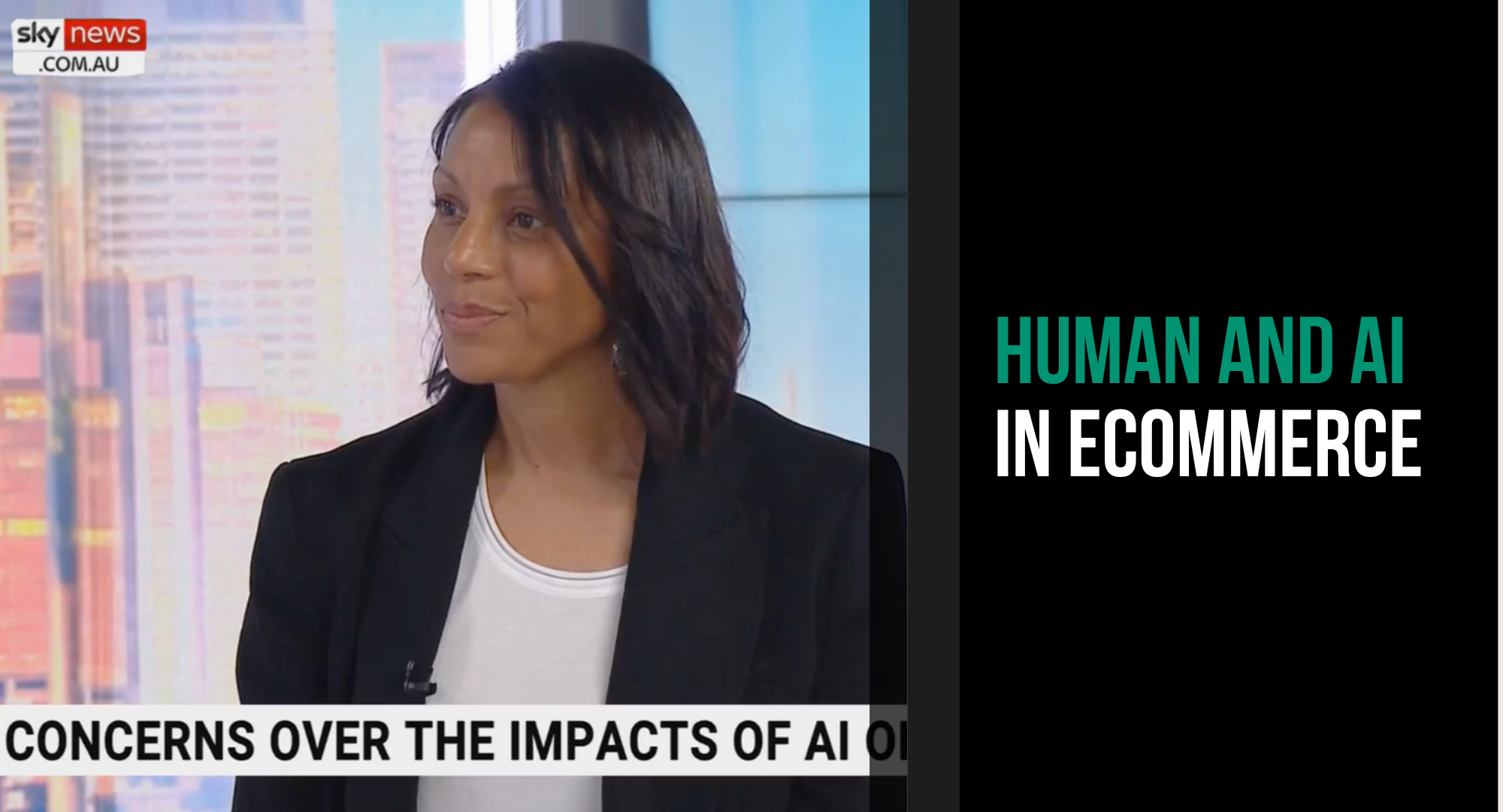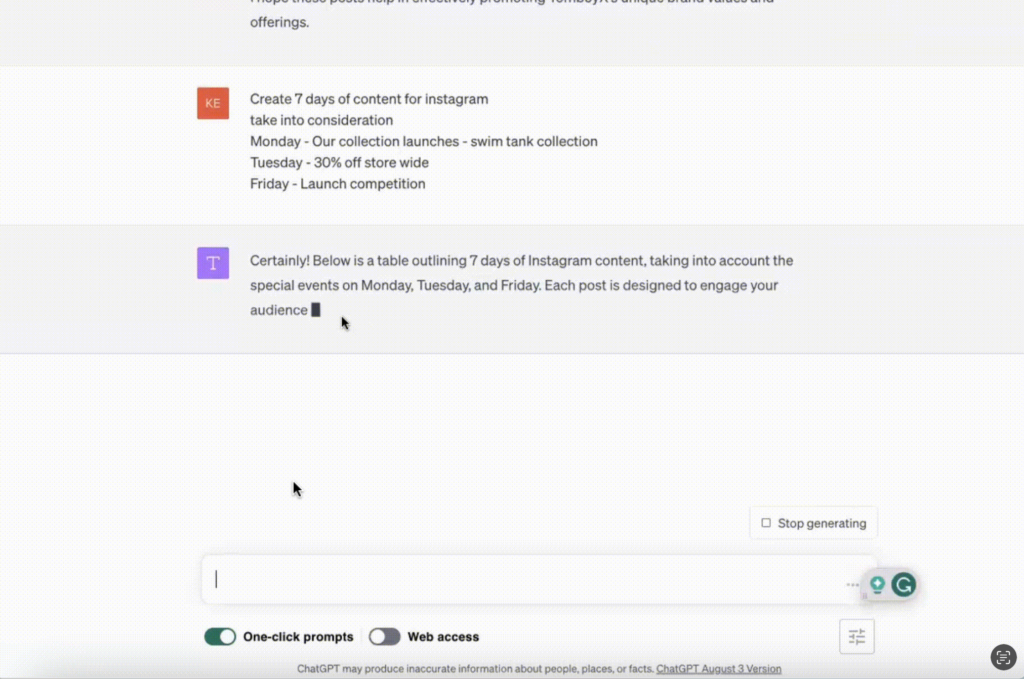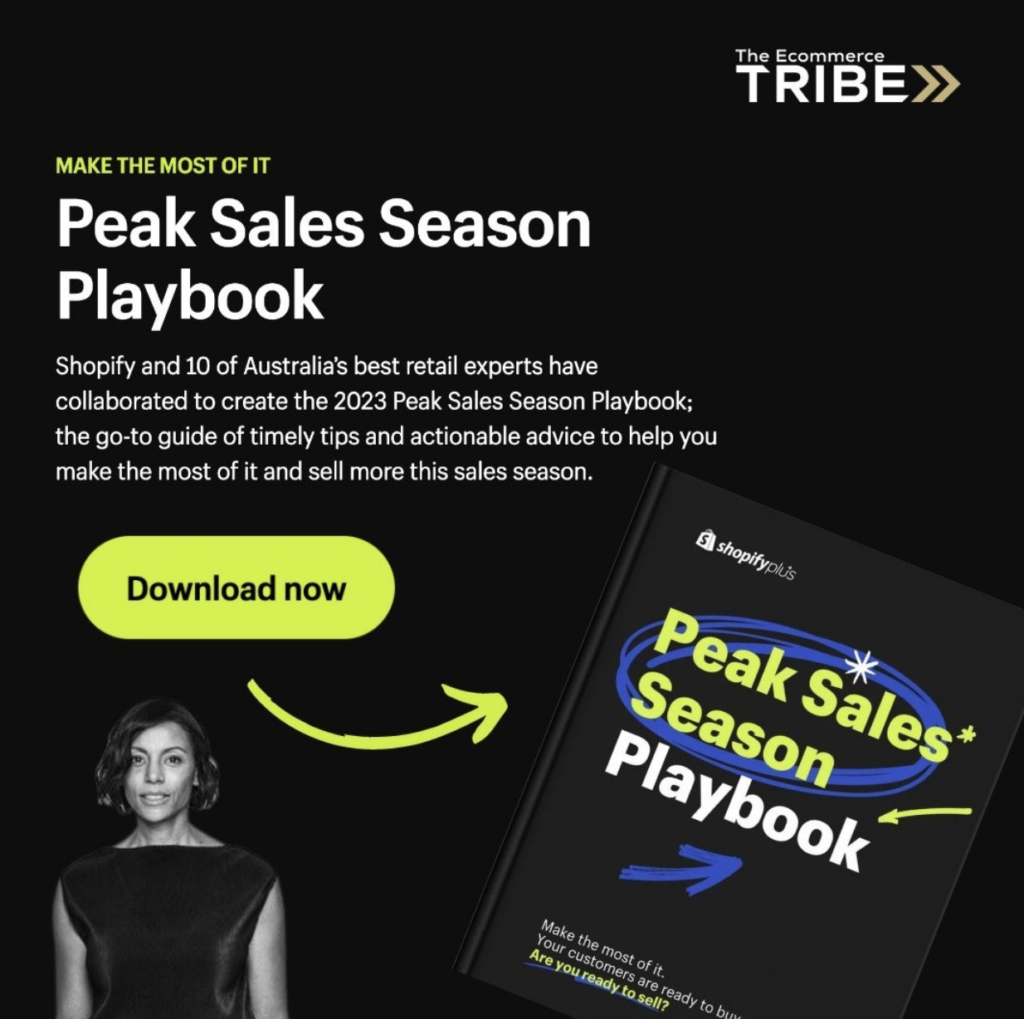Transcription:
By now, most of the Christmas presents will be opened and, uh, from tomorrow, shoppers will be eager to grab a bargain at the Boxing Day sales. Then, as we bring in the new year, AI expert Kelly Slesser believes shopping in 2024 is going to be very different. And Kelly joins us live now.
Merry Christmas. Thank you for joining us. How are you this morning? I’m so good. Merry Christmas to you, Janie, thanks for having me. Absolute pleasure. How’s your morning been with, uh, presents unwrapping and, uh, Santa delivering what, uh, was expected perhaps? Oh, absolutely. And, um, unexpected was a 05:30 a.m..
M wake up from the, uh, nine year old, so he was excited. That’s your present for you. Up early, hey? Yeah, well, mine are eagerly waiting to, um, open their presents. They’ve opened some, but a big shout out to my sons this morning, won’t be long, but, um, let’s have a look at 2024 because, um, you’ve got some interesting, uh, tips on AI and how things are going to be different in the world of shopping.
Yeah, I mean, if we think about AI this year, and it’s only been around for just over a year in terms of Chat GPT we had over this year, I think it hit something like 180.5 million users in November, 1.7 billion visits. So people are using it every day and we’re just testing it.
So next year, as we start to implement it on a corporate level in retail shopping is going to look very different and the ways it will look different. I mean, if you think about this morning when some of you open your presents and looked at that present and went, oh, it’s not the right size, or it wasn’t quite the right present, or my husband bought me a red polka dot bikini and it’s way too small for me.
Um, that will change next year because as we start to use predictive AI and our families and husbands and children can actually feed it data, we can start to work out what people really want and what their real sizes are. So return rates will drop, which is awesome. So to give you an example, I could feed Google now or an AI platform, Gemini, Bard, whatever it might be, my 13 year old’s, um, search history for the last year, and it will come up with manga and one piece and Tokyo drifting fishing maybe.
But what it will do is start to predict and give me ideas on what, um, he likes and what he wants for Christmas. I mean, I know I did it myself. And Janie, I’m sure you did. Best present for a something year old boy. What’s the most popular gift this year?
Um, as I rack my brains trying to find the best presents that will change next year. Now, although that might seem a bit scary, that all of a sudden I’m giving my 13 year old data to Google. Reality is Google already has that data. Uh, Apple already has that data.
Huh. It’s just not using it for my benefit yet. It’s not using it to save me time. Do you think the 13 year old is going to want to give mum the data? Uh, are they hiding stuff from us? I’ve already got the data. There you go. You are onto it.
Very clever indeed. It does sound great. And it is sometimes quite tricky, isn’t it, trying to figure out the right present. And people can be very polite by receiving something that perhaps isn’t what they want, but it certainly can save a lot of time. Absolutely. And the other place it’s going to save time is in, um, inventory management for retailers.
But the plus side, for us as consumers, again, how many of us over the last month or so have searched for something and it’s out of stock? Or you can get it, but you’ve got to go all the way to Wollongong, for instance, and you live in Sydney and that’s the only way you can get it.
That will change next year because retailers are going to start to be able to predict how much stock they need. This year, I’m seeing a massive surplus in advent calendars. So when I go in and some of those will become landfill, sadly, last year we ran out of advent calendars last minute, mum, I couldn’t find advent calendars anywhere.
So that inventory management piece and predicting what we need based on the last 510, 15 years of history of data, uh, in terms of what we shop, um, for over the Christmas period, and we know how many people there are in the country, we know generally the shopping habits.
We don’t change that much when it comes to the staples, big retailers, small retailers will be able to start to predict that, which, again, will reduce landfill after Christmas. It will reduce return rates and it will reduce this kind of instability that we’ve got in the retail industry at the moment where we’re overstocking or under.
Stocking, which is, you know, you and I have been talking about AI for over six, seven years here on Sky News. Many people, is it eight years? Gosh. There you go. You’re leading the way, Kelly. Um, but a lot of people are still scared of it. What would you say to people that are scared of AI.
Yeah, look, definitely next year, we will see some measures come in around data and protecting data, and we will start to have choices about what data, ah, is used in AI. Um, and I think there’ll be more controls around it. Around it. But, um, the beast is out there.
You can’t put this back in the box. You can’t wrap it back up and return it to the shop. Unfortunately, AI is here, and we can use it to our benefit and advantage to save us time. Um, but we do have to be careful with what sort of data we feed it.
Sorry we have to wrap up our conversation, but thank you so much, Kelly. Merry Christmas to you and your family, and no doubt, uh, we’ll have plenty of conversations in 2024. Take care. Merry Christmas. Have the best one. You too.




